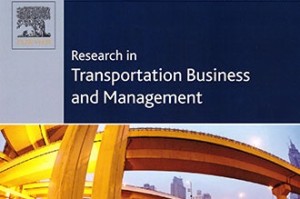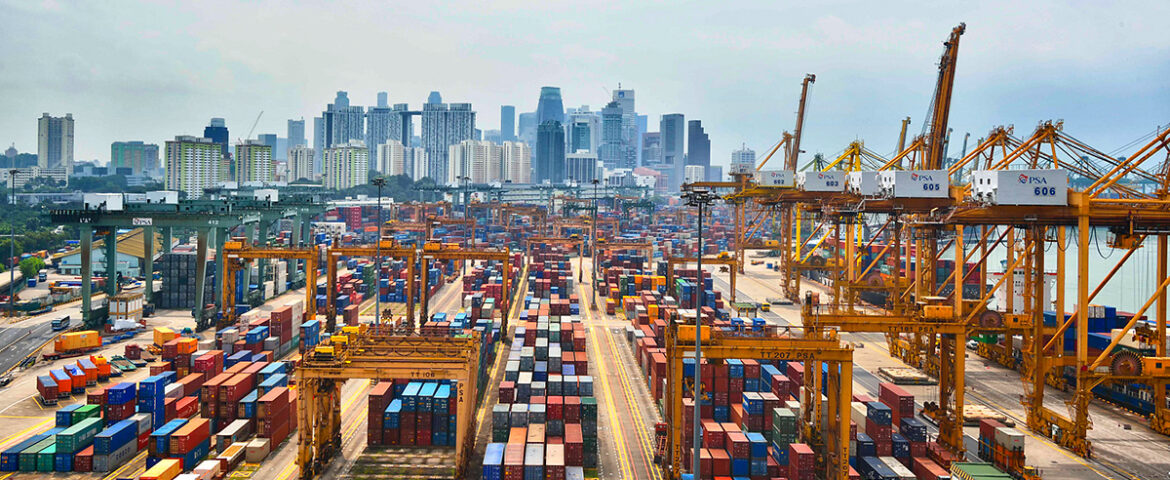 In an article included in a special volume of the scholarly journal Research in Transportation Business and Management (RTBM), revisiting port governance and port reform around the globe, PortEconomics member Jasmine Lam, joined by Zengqi Xiao, recap port governance and policy developments in Singapore, emphasising the evolution of the port-city relationship.
In an article included in a special volume of the scholarly journal Research in Transportation Business and Management (RTBM), revisiting port governance and port reform around the globe, PortEconomics member Jasmine Lam, joined by Zengqi Xiao, recap port governance and policy developments in Singapore, emphasising the evolution of the port-city relationship.
Port cities serve as a link between the local economy and the global economy, is an interaction of both urban and port systems, giving rise to its complex and dynamic nature.
While the development of a port city is an aspect that requires continual research and monitoring, addressing the issue of sustainable development in port cities remains a challenge.
Especially as empirical studies often analyse the port system and the urban system separately, with little research attempting to integrate the two systems.
Singapore could continue developing its port, to maximise the positive relationships economically and socially, while minimising the negative relationships environmentally.
Jasmine Lam and Zengqi Xiao adopt a systems theory to develop a systems framework for sustainable development of port city, and in particular illustrating its application in the case study of Singapore. Three aspects of sustainability for the port system, city system and port-city policies are discussed in detail. The analysis shows that the positive relationships between the port and the city in Singapore far outweigh the negative relationships.
Anyone interested to access the port study, might just click the following, link until May 1, 2017, to reach the final version of the article on ScienceDirect for free: A systems framework for sustainable development of Port City: Case study of Singapore’s policies,












